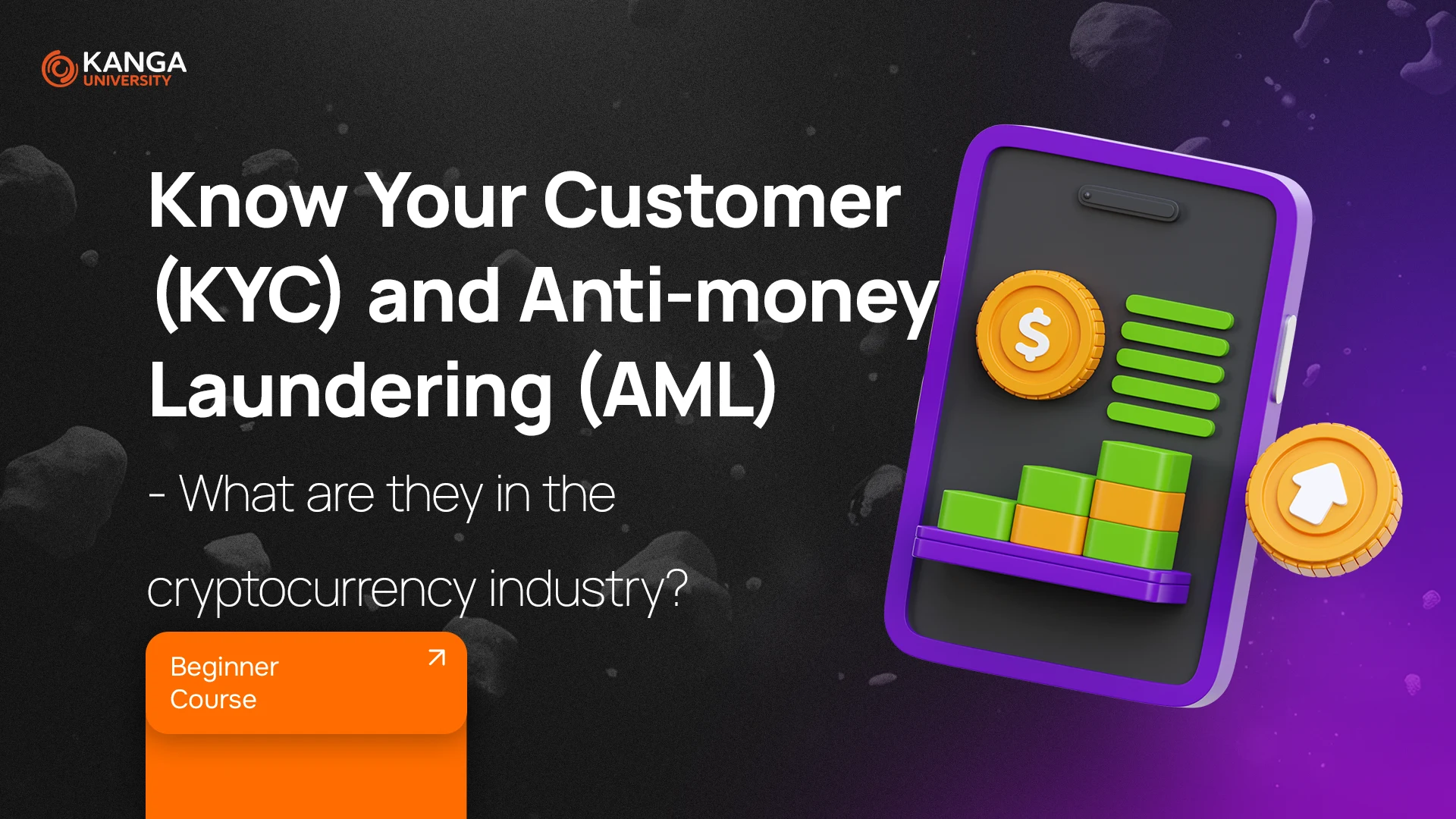
Have you ever wondered how the world of cryptocurrencies keeps itself safe from illegal activities? Today, we’re diving into two critical processes: Anti-Money Laundering (AML) and Know Your Customer (KYC). Although these terms are sometimes used interchangeably, they serve different purposes and are both essential in protecting financial systems from fraud and other crimes.
What Is AML?
Anti-Money Laundering (AML) refers to a set of procedures designed to prevent the laundering of illicit funds. In practice, AML requires institutions—including cryptocurrency companies—to implement measures that ensure they do not inadvertently support illegal financial activities. Here’s what AML is all about:
- Data Protection: Safeguarding customer information in both digital and physical forms.
- Fraud Detection: Utilizing automated tools to identify financial fraud, such as identity theft.
- Customer Verification: Using global databases to verify the origins of funds and check against sanction lists.
- Transaction Monitoring: Continuously reviewing transactions to quickly flag any that seem suspicious or illegal.
- Brand Reputation: Companies that implement robust AML procedures build trust with regulators and customers alike.
Global standards for AML are set by organizations like the Financial Action Task Force (FATF), whose guidelines are widely accepted across jurisdictions.
What Is KYC?
Know Your Customer (KYC) is a process that focuses on verifying the identity of customers. While KYC is closely linked to AML, its primary goal is to ensure that the individuals or entities using a service are who they claim to be. The KYC process typically includes:
- Collecting Personal Data: Information such as full name, date of birth, and address.
- Document Verification: Comparing submitted IDs (like a passport or driver’s license) against global databases.
- Screening Against Sanctions Lists: Ensuring that the customer is not listed on any watchlists or subject to international sanctions.
- For Businesses: Gathering details about the company’s structure, funding sources, and ultimate beneficial owners.
- Risk Assessment: Performing enhanced due diligence for higher-risk customers.
- Ongoing Monitoring: Regularly updating customer profiles to catch any signs of suspicious activity.
When a potential customer is flagged as high risk, companies implement additional checks, such as collecting extra information and producing detailed reports for regulators.
Key Differences Between AML and KYC
While AML and KYC work together, they serve distinct functions:
- AML covers a wide range of procedures aimed at preventing money laundering, including the monitoring of transactions and the application of global standards.
- KYC is a specific process under the AML umbrella, focused solely on verifying the identity of clients.
Both processes are vital for maintaining security and transparency in the financial ecosystem, especially within the cryptocurrency sector where regulatory requirements can vary significantly across regions.
AML and KYC in the Cryptocurrency Sector
Cryptocurrency regulations are often ambiguous and differ from one jurisdiction to another. However, governments worldwide are working to harmonize these rules to create a safer environment for digital asset businesses. In practice, this means:
- Regulatory Cooperation: Cryptocurrency exchanges and service providers must report suspicious transactions to regulatory bodies like FinCEN or FATF.
- Advanced Technology: Companies use facial recognition (FaceMatch), document verification against global databases, and sophisticated algorithms to monitor transactions.
- Adaptation to Global Standards: Firms continually update their procedures to comply with both international guidelines and local regulations.
These measures not only protect investors but also help build a reputation of reliability and compliance within the industry.
Summary
In summary, AML and KYC are essential processes in combating illegal financial activities, especially in the fast-evolving world of cryptocurrencies.
- AML focuses on preventing money laundering by monitoring transactions and applying global standards.
- KYC zeroes in on verifying the identity of customers, ensuring that only legitimate users access digital financial services.
Together, these procedures ensure a secure, transparent, and trustworthy environment in the cryptocurrency market—an absolute must for the integrity and sustainability of the industry.